Thriving Earth Exchange is pleased to announce our October 2023 cohort of Community Science Fellows!
They’ll be working with communities across the United States to launch impactful community science projects. The partnership will connect communities with scientists and technical experts and support them as they work together to tackle local challenges related to natural hazards, natural resources and climate change. Stay tuned for more information about the impactful projects to come from this launch and the communities who lead and inspire them!
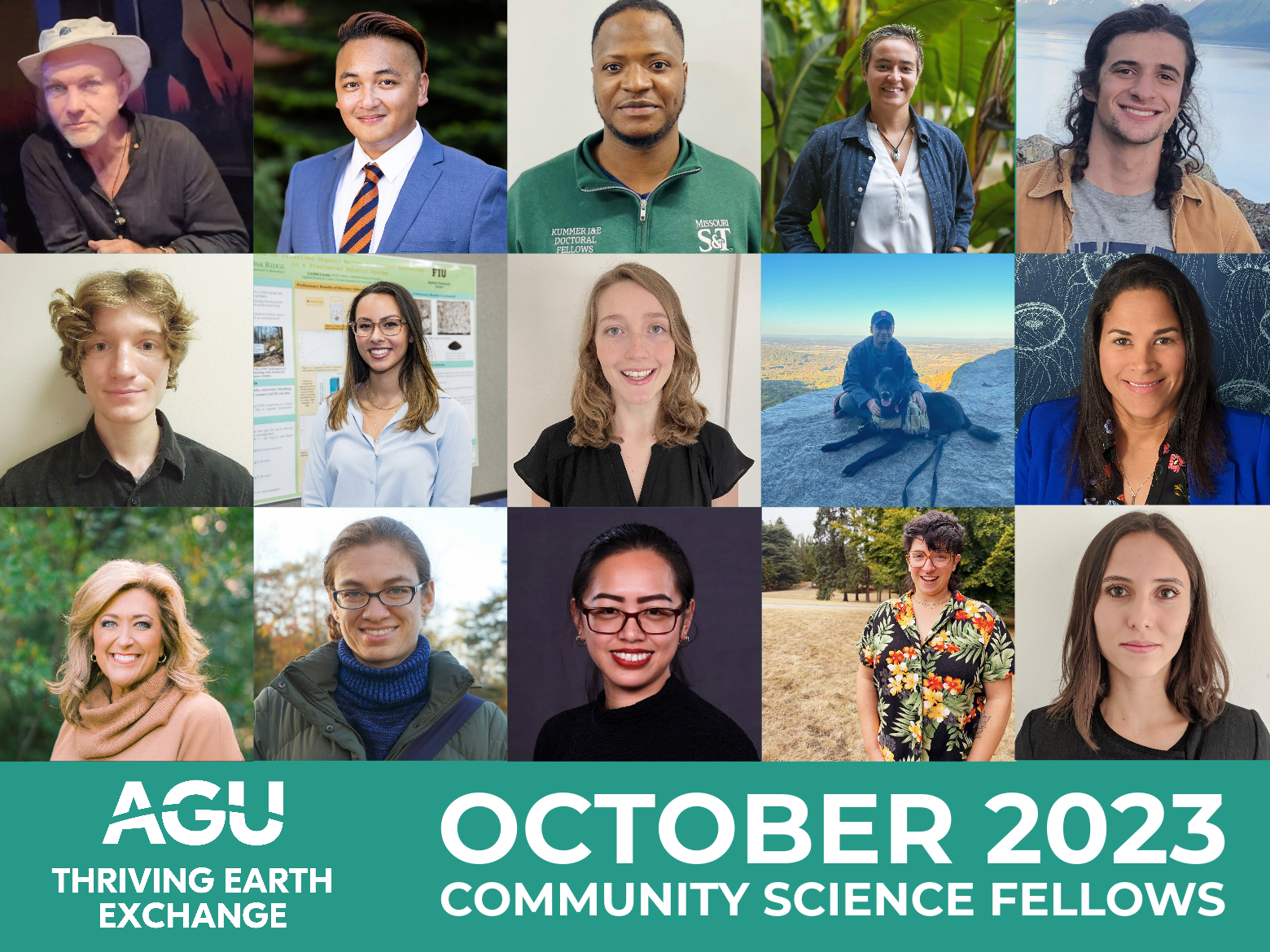
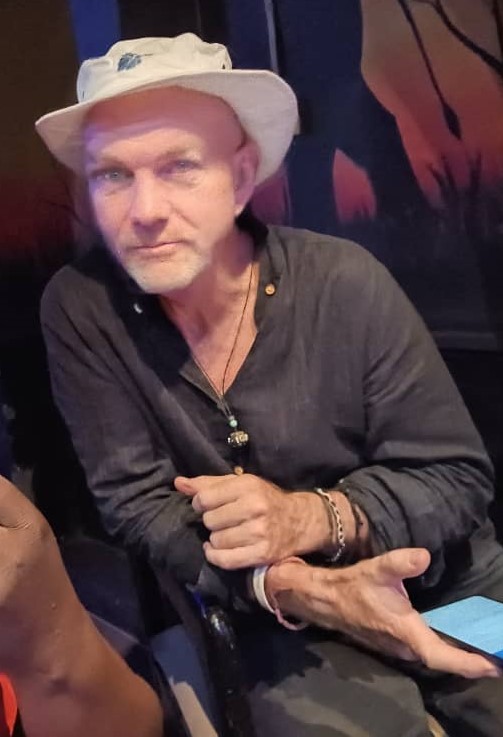
Dr. Bob Alexander (best known to all who know he/him as ‘barefoot bob’ or ‘bfb’ for short) is an independent researcher, trainer, consultant, RCCE/SBCC specialist, and music and film recording artist and producer who has worked on participatory integrated vulnerability reduction and resilience strengthening in areas prone to disaster, conflict, climate change, and maldevelopment related risks for over 25 years. bfb focuses on prospective risk-managed community development; community-based risk management and community-based adaptation; livelihood, food, nutrition, and social service access security; socioeconomic vulnerability identification, analysis, assessment, and reduction; and effective risk communication and community engagement approaches (including uses of music and other arts to encourage dialogue, decision-making, and action). He’s spent the last few years based in various parts of East and Southern Africa but has lived and worked previously in most of the habitable parts of the world.
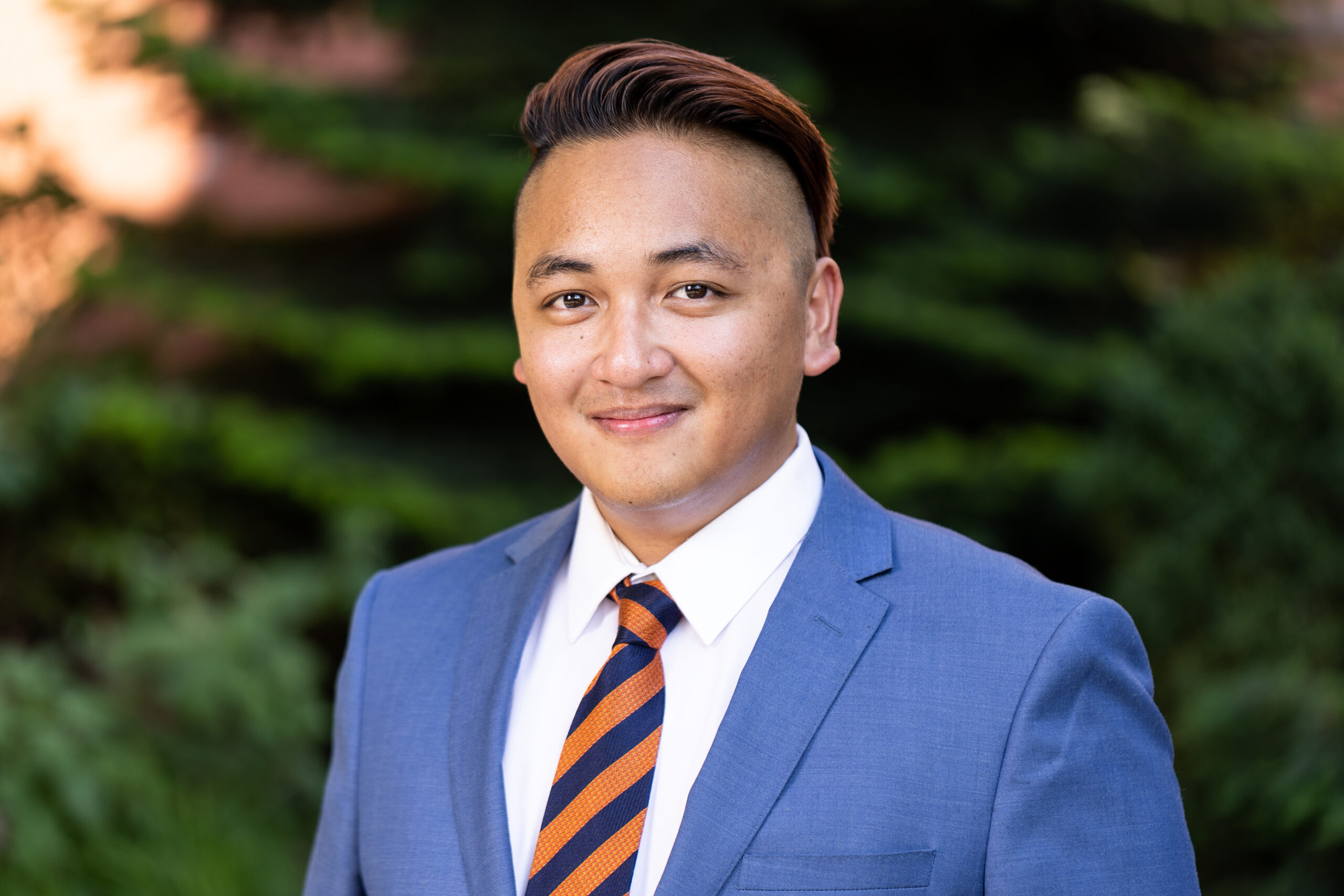
Carl Fredrick Guico Aquino (he/him/his) is a Legislative Intern for Senator Andrew Zwicker (New Jersey’s 16th Legislative District) and an Intern for Climate Action PA. He completed his Master of Science in Geosciences at Penn State specializing in geophysical climate risk assessment to support decision making under deep uncertainty (DMDU). He also spent two years as a Graduate Fellow for Science Advocacy and Diversity (GFSAD) where he led over 14 programs in science advocacy and diversity, equity, inclusion and belonging for science. As an undergrad, Carl double majored in Earth Sciences and Finance, and minored in Meteorology and Atmospheric Sciences at Penn State. Carl is passionate about justice and equity considerations for climate change and decarbonization. Prior to becoming a scientist, Carl wrote music for film and television in Los Angeles, California.

Kolawole Arowoogun is a Kummer I&E Doctoral Fellow in Geological Engineering at Missouri S&T, MO. Before arriving at S&T, Kolawole got a master’s degree in geoscience (geology concentration) from Georgia State University and a bachelor’s degree in applied Geophysics at the Federal University of Technology, Akure, Nigeria. His research focuses on the utility of shallow geophysical techniques and UAV-based remote sensing to improve understanding of levee stability along the Mississippi River. He was also a member of the NASA Develop national program, that studied the ecological forecasting of the Grand Valley. In his spare time, he loves watching football, music and reading non-fiction.

Charlotte Bellerjeau is a PhD student at Scripps Institution of Oceanography, studying the physics of ocean mixing and turbulence near steep undersea topography. She has a BS in Aerospace Engineering from the University of Colorado Boulder, and now uses her engineering background developing a new sensor to make turbulence data more attainable in global observational networks. Charlotte is working to make science and academia more accessible to people from diverse socioeconomic backgrounds by organizing with the UAW branch of academic workers at SIO. She thinks science is done best from a wide range of perspectives and enjoys teaching, mentoring, and community outreach. In her free time, she loves hiking, surfing, and exploring nature.
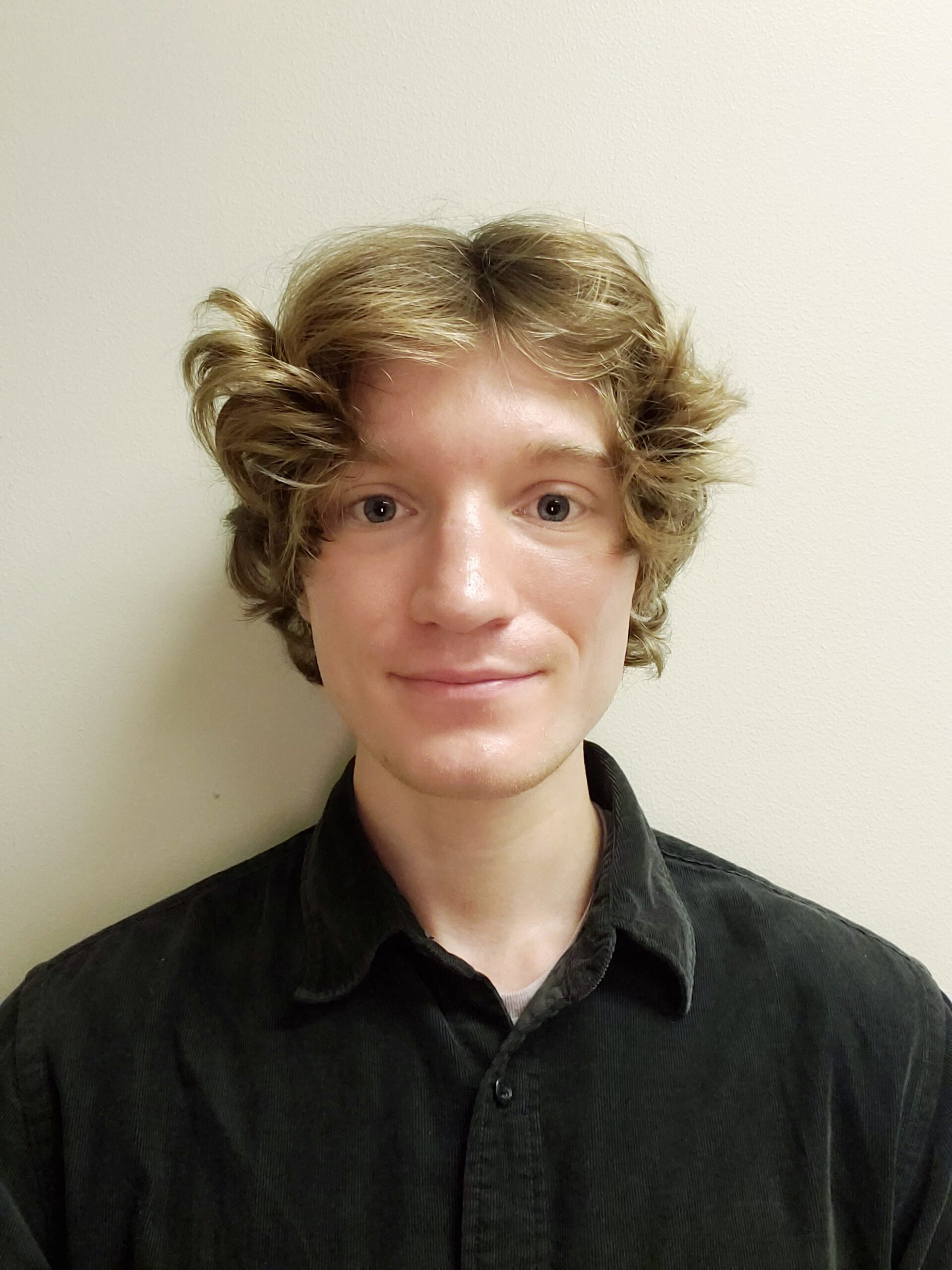
Matthew Coughlin – (he/him) is a junior research specialist at the University of California, Berkeley where he studies parasitism relationships in insects and their role in preventing significant impacts to the agriculture industry. He currently works in a lab studying the management of spotted wing drosophila, an invasive fruit fly that devastates berry farms every year. Matthew is highly passionate about conservation, science communication and urban planning. He received his Bachelor’s of Science from the University of Maryland, College Park in Environmental Science & Technology. Between graduating university in 2018 and his current role, he has worked in a variety of roles ranging from teaching English abroad in France to working in environmental and social governance. His interests include foreign language study, cooking, gardening, visiting museums and hiking.
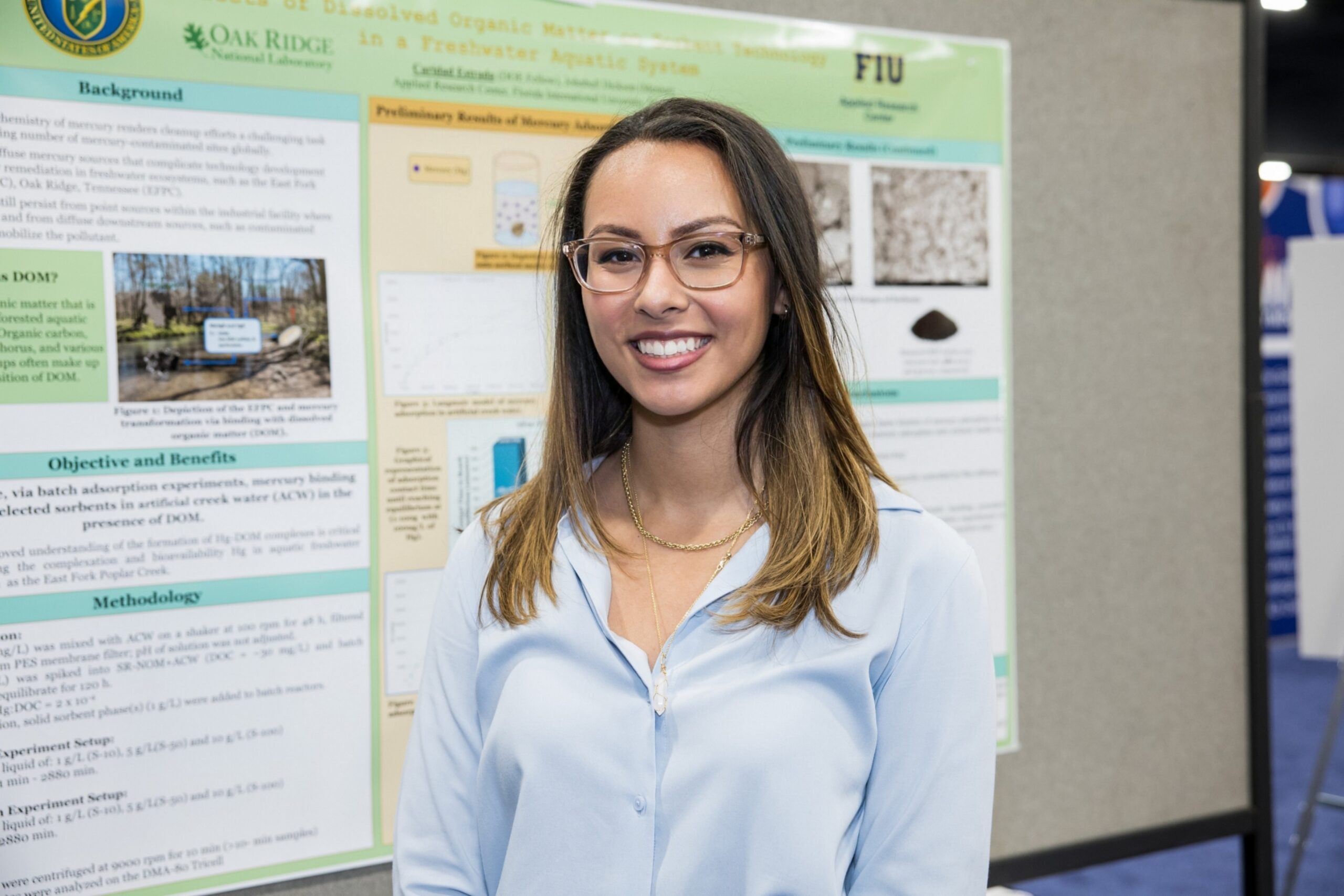
Caridad Estrada holds a bachelor’s degree in Environmental Engineering. Her foundational experience was formed during her tenure as a Fellow with the Department of Energy – Environmental Management Office, where she made notable contributions as an experimentalist, concentrating on radioactive and hazardous waste remediation. This solidified her commitment to seeking sustainable solutions for our planet’s pressing challenges. Currently, Caridad is delving deep into research as a first-year Ph.D. student at Princeton University working with Dr. Ian Bourg in the Interfacial Water group. With the aid of computational tools and atomistic simulations, her current research zooms in on the intricate interactions of contaminants with clay and mineral surfaces in aquatic environments. Stemming from her roots in San Juan, Puerto Rico, she holds a fervent passion for addressing environmental injustice. With an acute awareness of the disparities in climate change impacts, Caridad is on a mission to bridge the gaps. Through education and advocacy, she is determined to amplify the voices of those most affected and ensure they’re not only heard but also empowered.
Bwalya Elisabeth Funga – A senior community development officer and community engagement coordinator, has over ten years of experience in urban and social economic planning, community engagement and empowerment, research, gender and social inclusion, integrated development planning ,monitoring and evaluation, transportation, HIV/AIDS, climate change, and facilitation. She has a master’s degree in conflict leadership and peace, a bachelor’s degree in adult education, and a postgraduate diploma in project management, monitoring, and evaluation. She participated in Bloomberg Harvard Leadership Programme class of 22–2023.
It is evident in her work as a project coordinator under the water security action and investment plan and the green cities climate adaptation plan, Covid19 response project from January 2016 to date that she has worked on water security, climate change, food security, slum upgrading, institutionalization, stakeholder coordination, local area planning, community empowerment and urban transportation using a human rights-based approach. Her work has contributed significantly to urban development and contributed to various documents such as the Lusaka Water Security Action Plan in 2016–2019, Ten Local Area Plans reflecting water security and WASHE, Lusaka Disaster Risk Reduction Strategy, participatory slum upgrading strategy 1 and 2, Lusaka Social inclusion and gender policy and the integrated development plan. She believes in living no one behind when it comes to planning and decision making
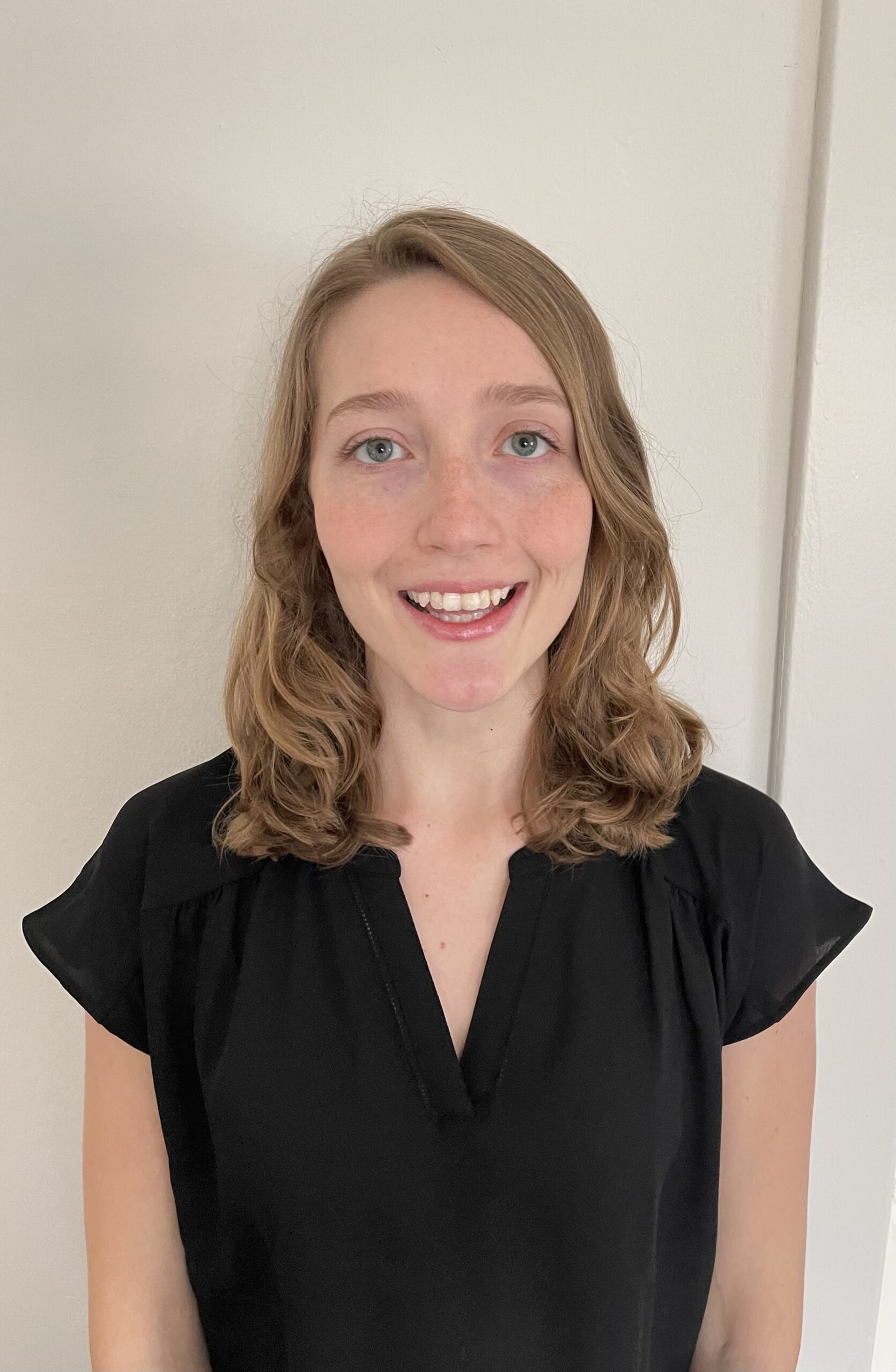
Lily Hahn is a NOAA Climate and Global Change Postdoctoral Fellow at Scripps Institution of Oceanography, where she studies the impacts of ocean circulation on near-future warming. She received her PhD in Atmospheric Sciences at the University of Washington, and her BS in Geology & Geophysics at Yale. Lily joined AGU TEX as a volunteer scientist during her PhD, which inspired her to start a community science program at the University of Washington to connect graduate students with broader communities (ACORN: Actionable Community-Oriented Research eNgagement). She enjoys dancing, hiking, eating, and reading in her free time.
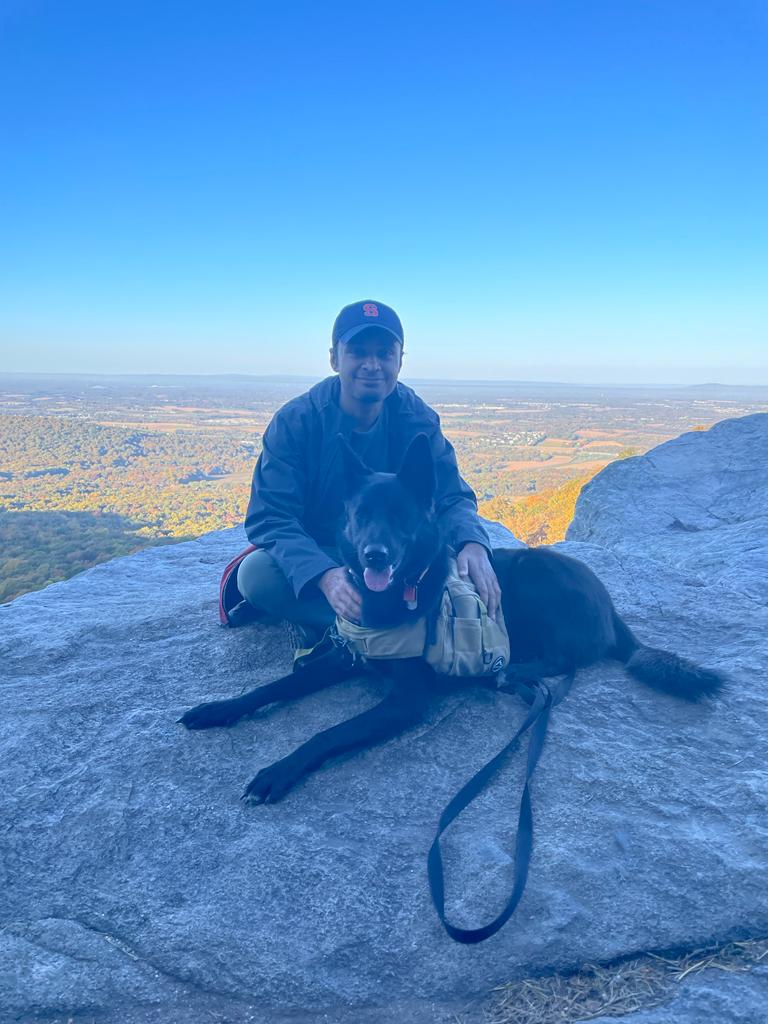
Qasim Medhi recently completed his PhD at Syracuse University and has a background in environmental economics and policy. He focuses on decarbonization policies, collaborative governance, climate change mitigation, and adaptation. His recent research delves into the health benefits of decarbonization, highlighting disparities by race, county, income, and age within the US. At present, he is involved in projects related to energy innovation, decarbonization infrastructure, and carbon capture and sequestration. His research methods include quantitative modeling, statistical tools, and geospatial techniques.
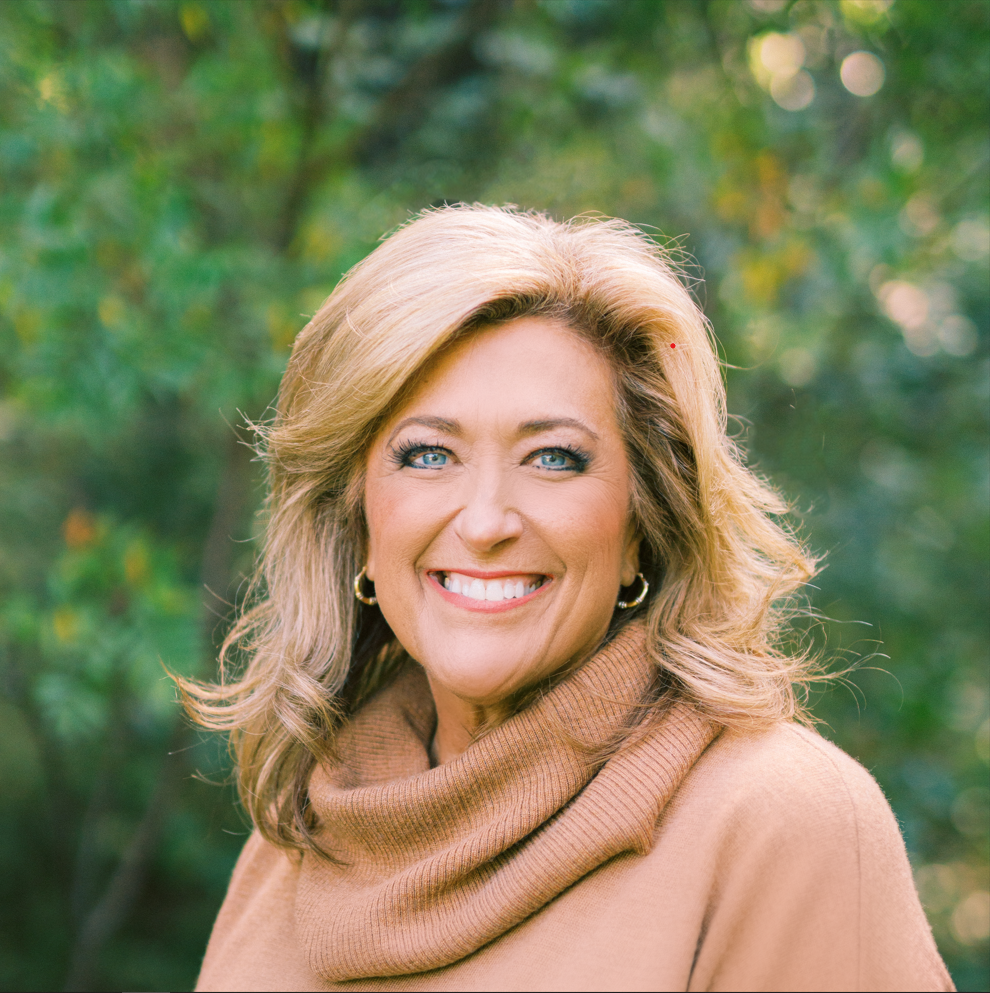
Cindee Millard, a native Wacoan and Baylor University graduate, works as the Public and Community Engagement Manager at Baylor University’s Mayborn Museum Complex. Cindee has worked with numerous non-profits and enjoyed a variety of volunteer community leadership positions before she joined the museum over thirteen years ago. She received her B.B.A. and M.A. from Baylor University with a concentration in organizational communication, combining her years of non-profit expertise with academic knowledge to collaborate with community partners. Millard resides in Waco, Texas with her husband Mike. The pair enjoy time with their adult children and travelling.
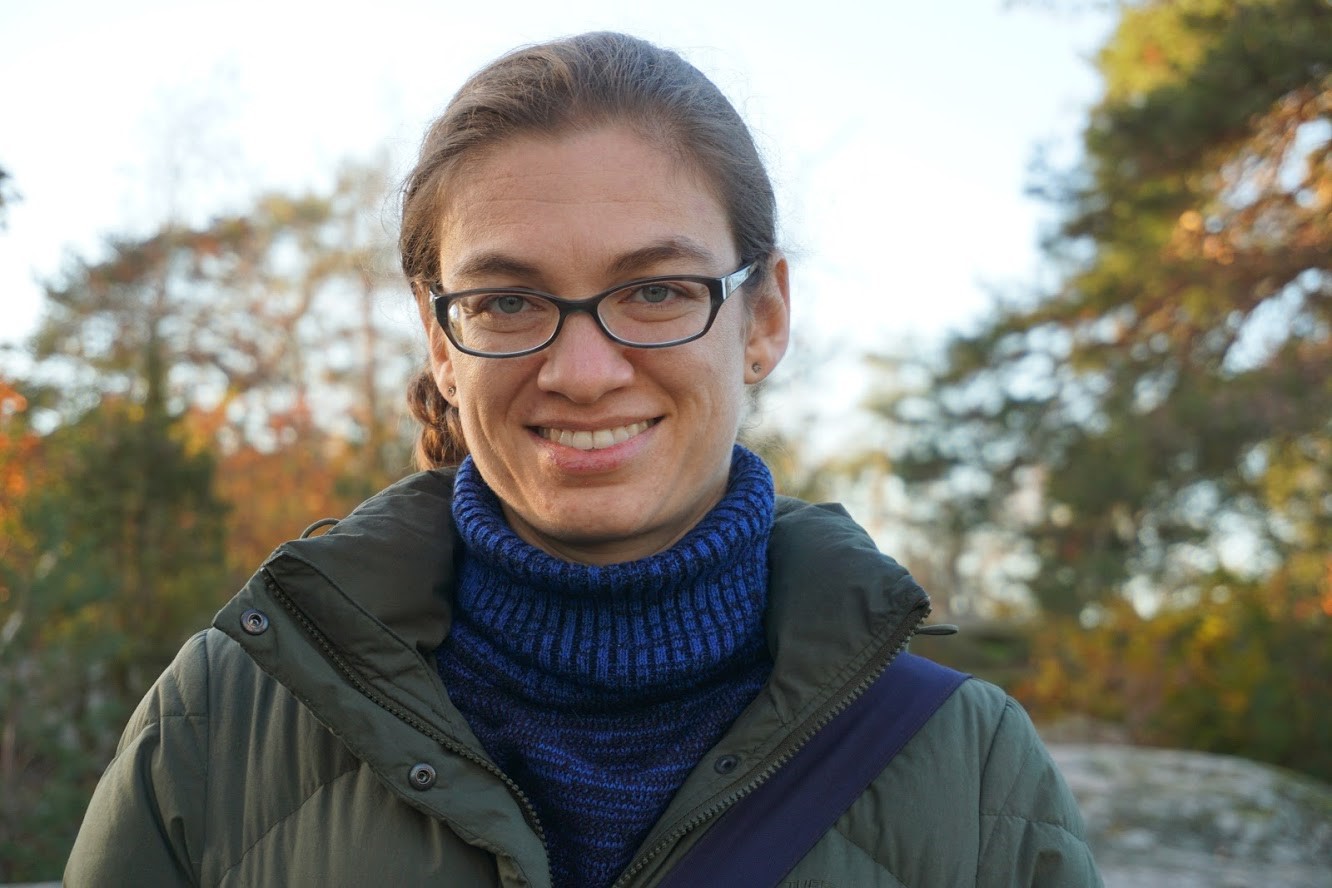
Kristina Pistone (she/her/ella) is a research scientist with the Bay Area Environmental Research Institute at NASA Ames Research Center. Her research focuses on the Earth’s radiative balance: quantifying the heating impact of Arctic sea ice loss from satellite observations, and measuring the properties and impacts of aerosols (largely atmospheric smoke particles), from satellite, airborne, and ground-based observations. She holds a PhD in oceanography (climate and atmospheric science) from the Scripps Institution of Oceanography at the University of California, San Diego (UCSD) and bachelor’s degrees in physics and Spanish literature also from UCSD. She has a longstanding interest in climate science communication and policy: she has been a Mirzayan Science and Technology Policy Fellow at the National Academy of Sciences in Washington, DC, has been part of AGU’s Voices for Science and Local Science Partners programs, and serves on her city’s Sustainability Commission. She has traveled, studied, and worked in South America, including a Fulbright grant to the Universidad de Chile to study air pollution in the Santiago basin. She is interested in promoting equity, justice, and accessibility in science and climate action across communities in the US and in the global south.

Colleen Marciel F. Rosales has a Ph.D. in Environmental Science from Indiana University and has over ten years of experience in indoor and outdoor air pollution. Besides her scientific work, which includes publications in Science Advances and Nature Communications, Colleen is skilled in data analysis and programming, project management, digital communications and technical writing, and relationship building. As the Strategic Partnerships Director at OpenAQ, Colleen uses dual technical and leadership skills to serve as a fulcrum point for the growth of OpenAQ.
Colleen is also currently doing postdoctoral research with the Air Quality Research Center at the University of California in Davis, where she programs high-throughput comparative analyses of instrumentation for air monitoring. At Indiana University Bloomington, she taught and managed collaborative indoor and outdoor projects involving research groups from various universities from 2016 through 2021. Prior to that, Colleen worked with the Aerosol Technology Monitoring Lab at the Gwangju Institute of Science and Technology in South Korea, the Institute of Environmental Science & Meteorology and Institute of Chemistry at the University of the Philippines (where she finished her undergraduate degree in Chemistry), Clean Air Asia, and the Philippine Nuclear Research Institute.
In her spare time, Colleen fundraises for her undergraduate school in the Philippines and promotes climate policy with her local Citizens’ Climate Lobby chapter in Indiana. She is also a member of the American Geophysical Union, American Association for Aerosol Research, and International Society of Exposure Science, Air & Waste Management Association, and American Meteorological Society.
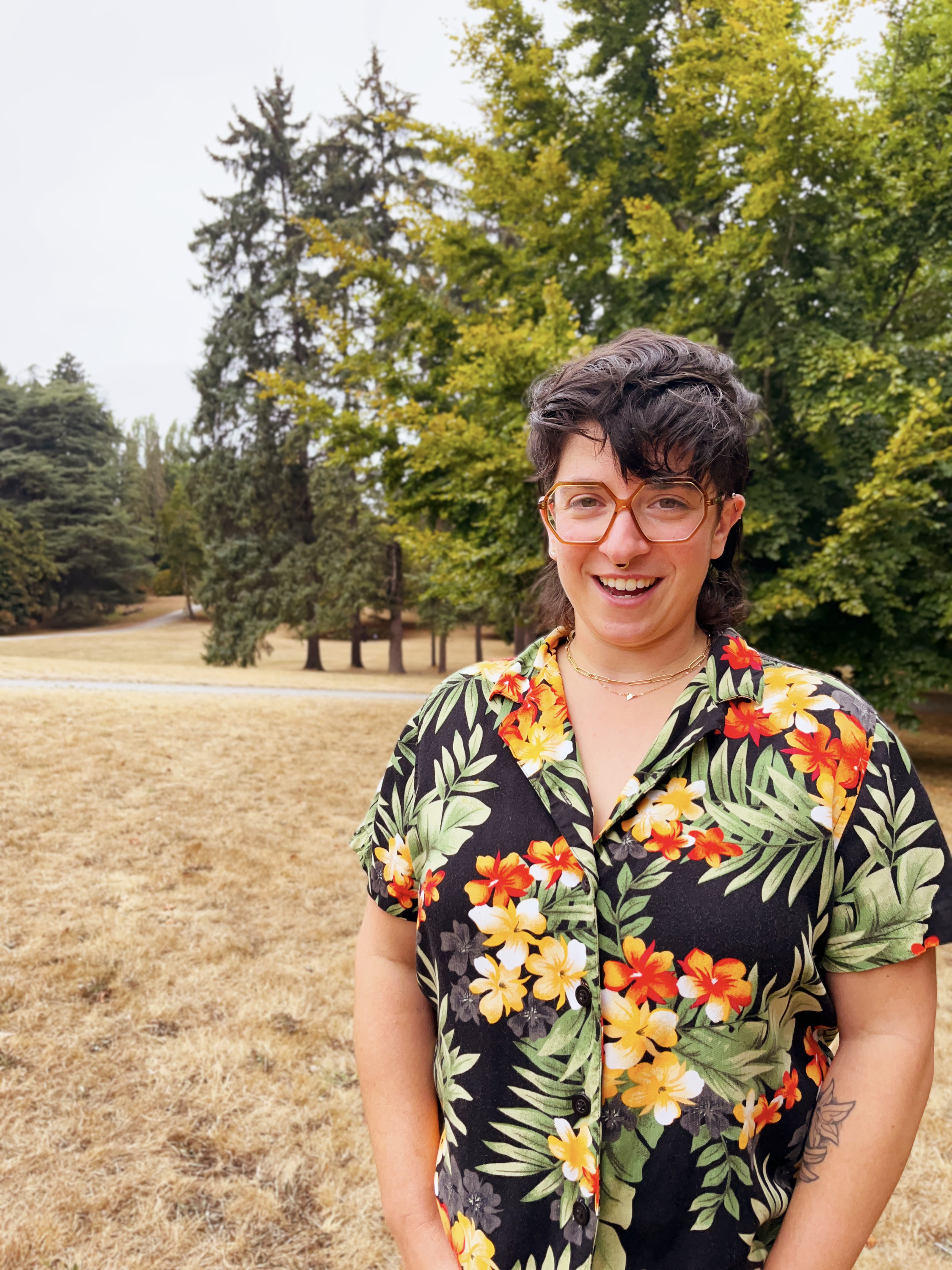
Rudy brings almost a decade of cross-sectoral experience in strategic community outreach and relationship building, designing inclusive communications strategies, and equitable engagement practices. Throughout their work, they advocate for institutional transparency and accountability, and collaboratively developing systems for change that promote reciprocity between built and natural ecosystems. As a facilitator, Rudy is dynamic and responsibly interactive, and passionate about implementing culturally sensitive communication modalities that enhance generative learning experiences. Invested in the agency of change, Rudy is dedicated to decolonization within themself and their sphere of influence.
Rudy finds joy in connection, and when not with their beloveds in the city of Seattle, they can be found with their dog exploring the Pacific Northwest and absorbing the lessons the natural world has to teach.
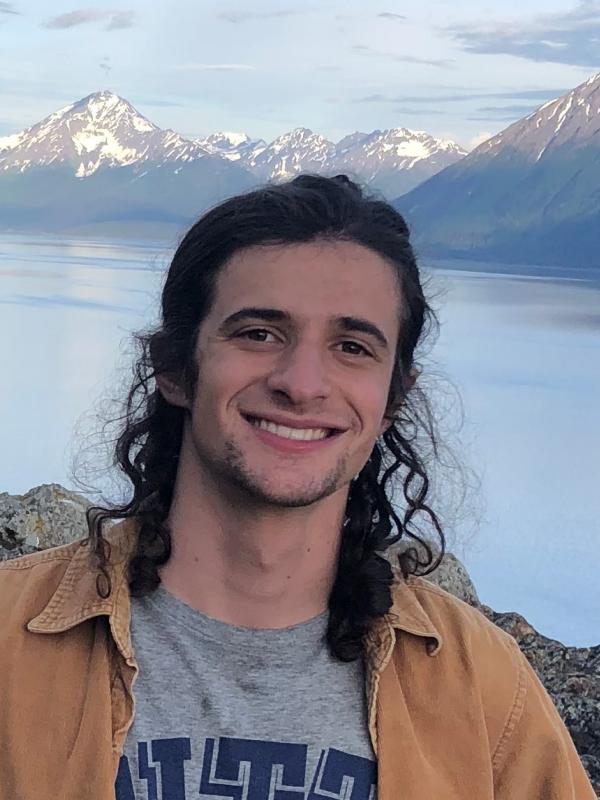
Tal Shutkin is a Ph.D. student at the Ohio State University department of Geography. Tal is interested in landscapes shaped by cryospheric processes, particularly in mountain settings where people live in close proximity to dynamic glacial environments. His current research focuses on glacial change in the high Andes of Peru, using numerical models to evaluate the drivers of rapid ice loss in comparison to those of previous periods of Quaternary climate history. Tal values science with social relevance and strives to work closely with community partners and stakeholders.
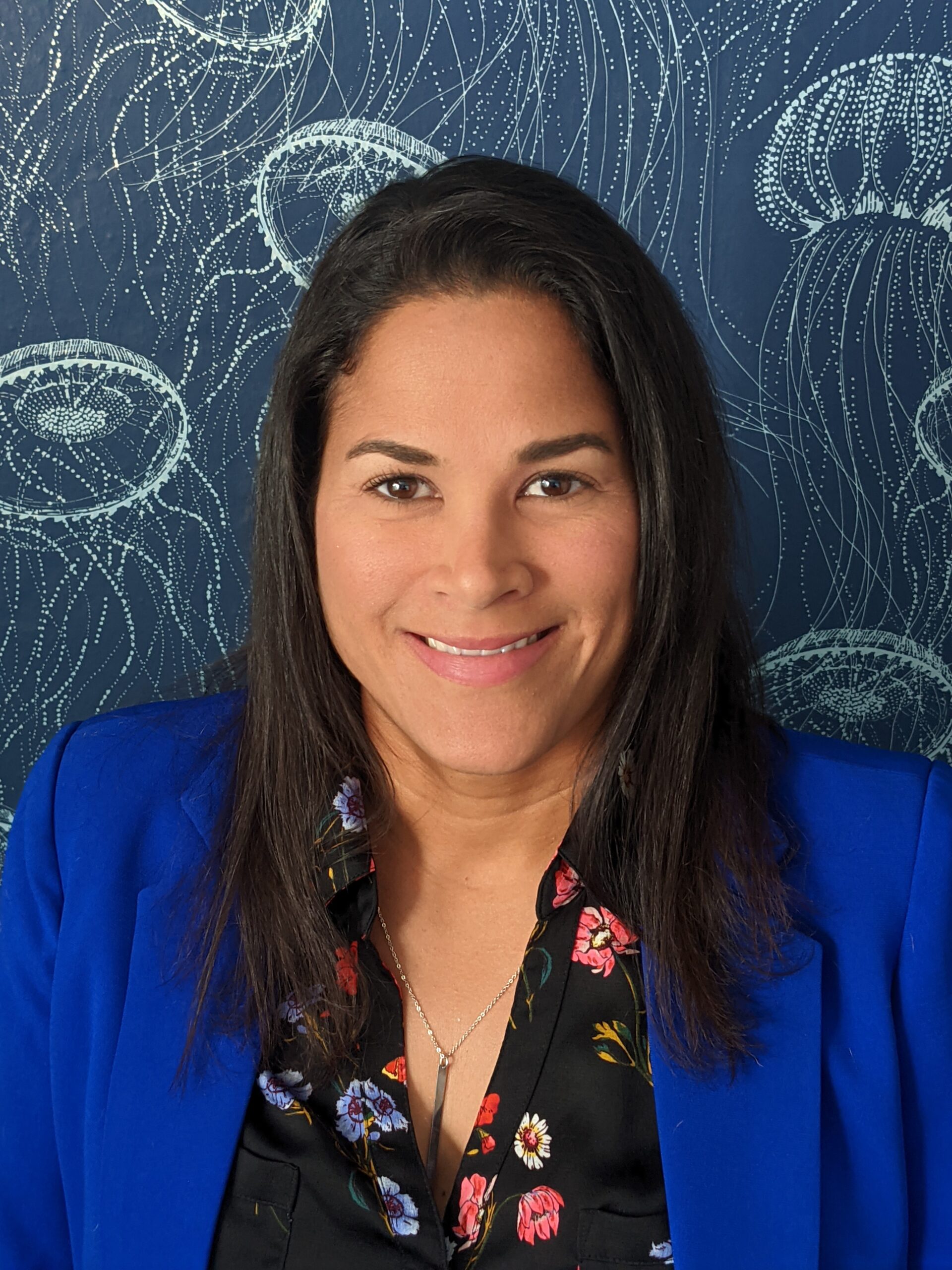
Legna Torres Garcia joined the U.S. Geological Survey’s St. Petersburg Coastal and Marine Science Center as a research oceanographer in 2020. Her work focuses on using multi-scale observational and numerical model data to understand the role of ocean circulation, waves, and sediment transport on coastal change. Her research includes simulations of hydrodynamics and
coastal change in Puerto Rico and the Florida Keys. In addition, she leads an effort on a project to assess the coastal vulnerability of communities in Puerto Rico through a focused stakeholder
engagement approach. Her focus on both numerical model development and stakeholder engagement enables her to address community needs with the best available science. Legna received her bachelor’s degree in physics from the University of Puerto Rico at Mayagüez, two master’s degrees from the University of South Carolina in physics and oceanography, and a Ph.D., sponsored by the U.S. Geological Survey, from The University of Florida in coastal and oceanographic engineering.
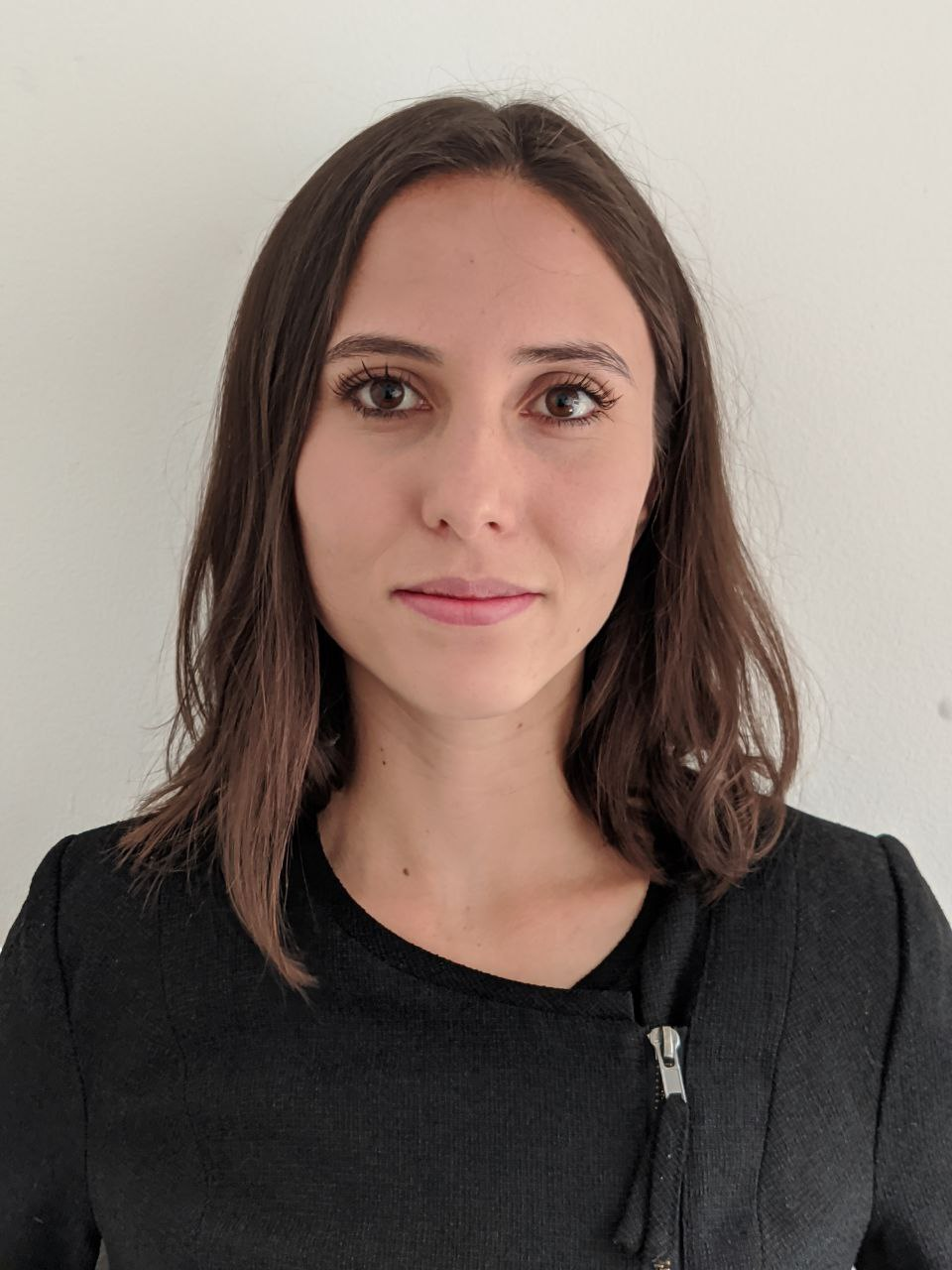
Catalina Vigoya was born in Bogotá Colombia on June 26, 1995. In 2013, she started her Bachelor’s degree program in Biology at the Pedagógica Nacional University from Colombia where she worked as a teaching assistant with professors from the 4th and 5th semester of the Biology program. She graduated in 2017 and started working as a Science teacher in 2018. In 2022, she decided to move to the United States to learn about North American Culture, since then, she has been participating in volunteering opportunities with the Dallas Arboretum Botanical Garden, as well as she is carrying out the development of a school Environmental proposal for the integration of the Environmental Education at the St. Christopher’s Montessori School as a way to solve local environmental problems. She is passionate about science and education in order to contribute to the development of society, and she loves helping others and promoting ideas that are the basis for solving problems.
